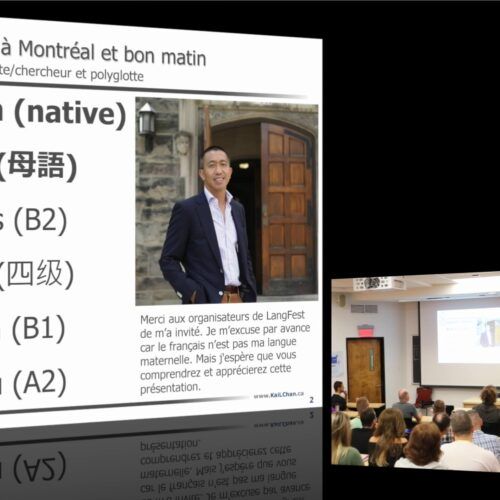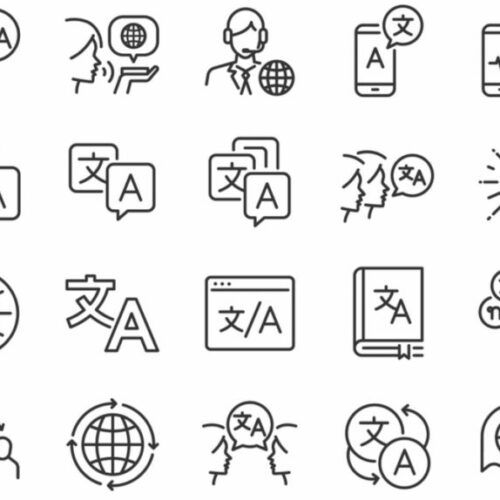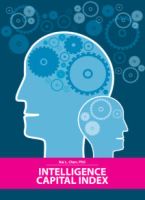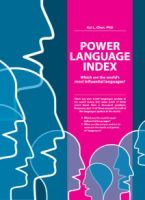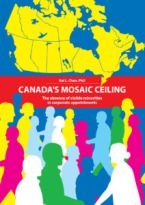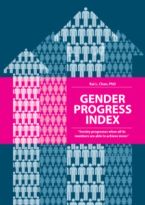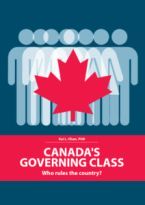
No one questions English’s status as the world’s go-to language for business, tech, tourism and academia, but that popularity has also made it disproportionately influential on news. In a chapter of Hostwriter’s Unbias the News: Why Diversity Matters for Journalism, journalist, writer and managing editor of the Global Investigative Journalism Network Tanya Pampalone looks at how English’s prominent status can lead to skewing of entire narratives. We break down an excerpt of that chapter published for GIJN and look at how this inequality also means missed opportunities for interactions between the non-native and non-English speaking world, creative or otherwise. By the Numbers Kai Chan, a distinguished fellow at the INSEAD Innovation and Policy Initiative, put together the Power Language Index in 2016, which measures which languages in the world hold the most influence based on five key factors. (G)eography: countries spoken, land area, tourists (inbound) (E)conomy: GDP, PPP, Exports, FX market, SDR composition (C)ommunications: Native speakers, second-language speakers, language family size, tourists (outbound) (K)nowledge & Media: Internet content, feature films, Top 500 universities, academic journals. (D)iplomacy: United Nations, International Monetary Fund, World Bank, Supranational Organizations (SNOs). Based on these factors, Kai presented the world’s top 10 languages, their respective number…

 No one questions English’s status as the world’s go-to language for business, tech, tourism and academia, but that popularity has also made it disproportionately influential on news. In a chapter of Hostwriter’s Unbias the News: Why Diversity Matters for Journalism, journalist, writer and managing editor of the Global Investigative Journalism Network Tanya Pampalone looks at how English’s prominent status can lead to skewing of entire narratives. We break down an excerpt of that chapter published for GIJN and look at how this inequality also means missed opportunities for interactions between the non-native and non-English speaking world, creative or otherwise. By the Numbers Kai Chan, a distinguished fellow at the INSEAD Innovation and Policy Initiative, put together the Power Language Index in 2016, which measures which languages in the world hold the most influence based on five key factors. (G)eography: countries spoken, land area, tourists (inbound) (E)conomy: GDP, PPP, Exports, FX market, SDR composition (C)ommunications: Native speakers, second-language speakers, language family size, tourists (outbound) (K)nowledge & Media: Internet content, feature films, Top 500 universities, academic journals. (D)iplomacy: United Nations, International Monetary Fund, World Bank, Supranational Organizations (SNOs). Based on these factors, Kai presented the world’s top 10 languages, their respective number…
No one questions English’s status as the world’s go-to language for business, tech, tourism and academia, but that popularity has also made it disproportionately influential on news. In a chapter of Hostwriter’s Unbias the News: Why Diversity Matters for Journalism, journalist, writer and managing editor of the Global Investigative Journalism Network Tanya Pampalone looks at how English’s prominent status can lead to skewing of entire narratives. We break down an excerpt of that chapter published for GIJN and look at how this inequality also means missed opportunities for interactions between the non-native and non-English speaking world, creative or otherwise. By the Numbers Kai Chan, a distinguished fellow at the INSEAD Innovation and Policy Initiative, put together the Power Language Index in 2016, which measures which languages in the world hold the most influence based on five key factors. (G)eography: countries spoken, land area, tourists (inbound) (E)conomy: GDP, PPP, Exports, FX market, SDR composition (C)ommunications: Native speakers, second-language speakers, language family size, tourists (outbound) (K)nowledge & Media: Internet content, feature films, Top 500 universities, academic journals. (D)iplomacy: United Nations, International Monetary Fund, World Bank, Supranational Organizations (SNOs). Based on these factors, Kai presented the world’s top 10 languages, their respective number… 
